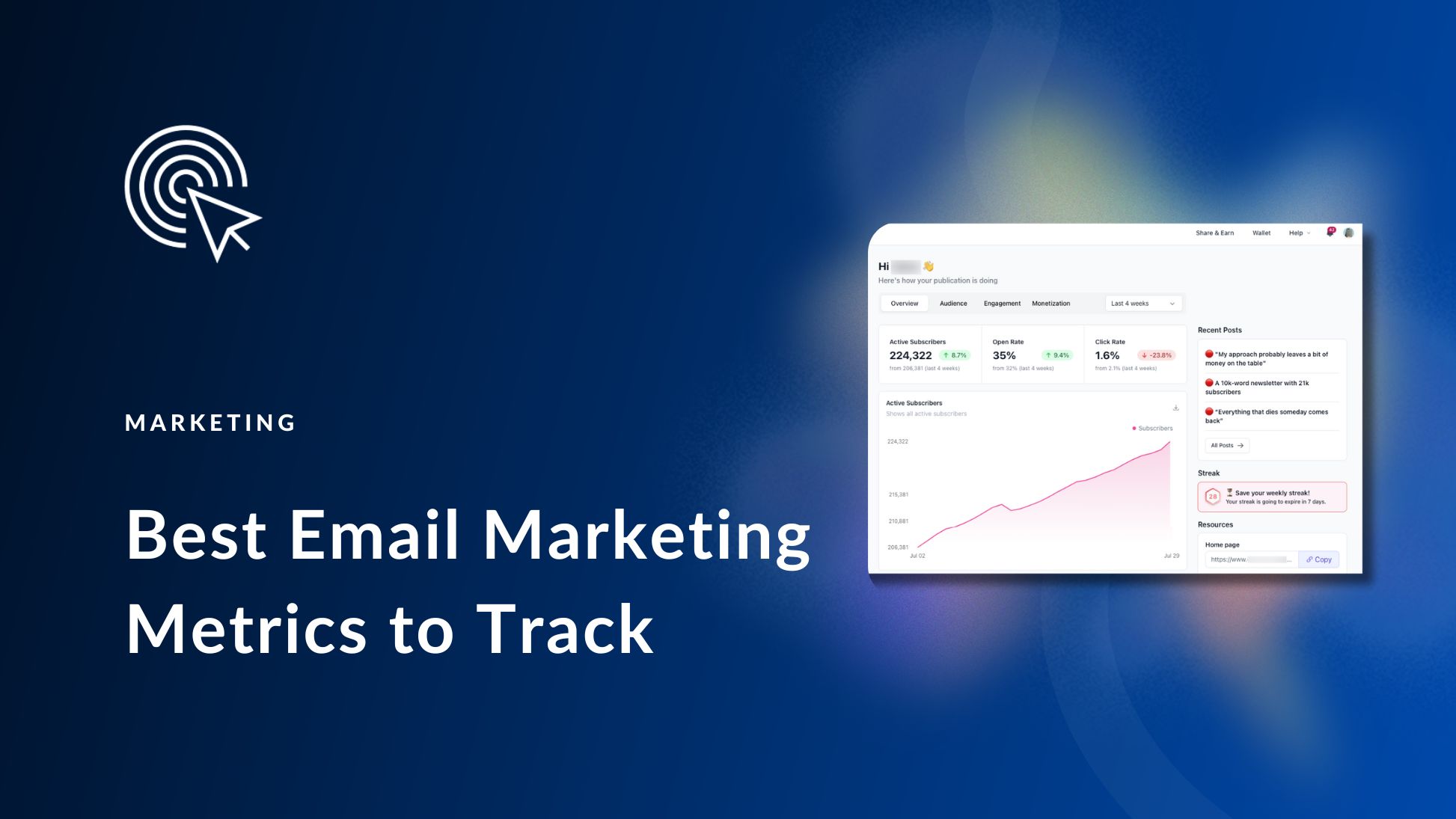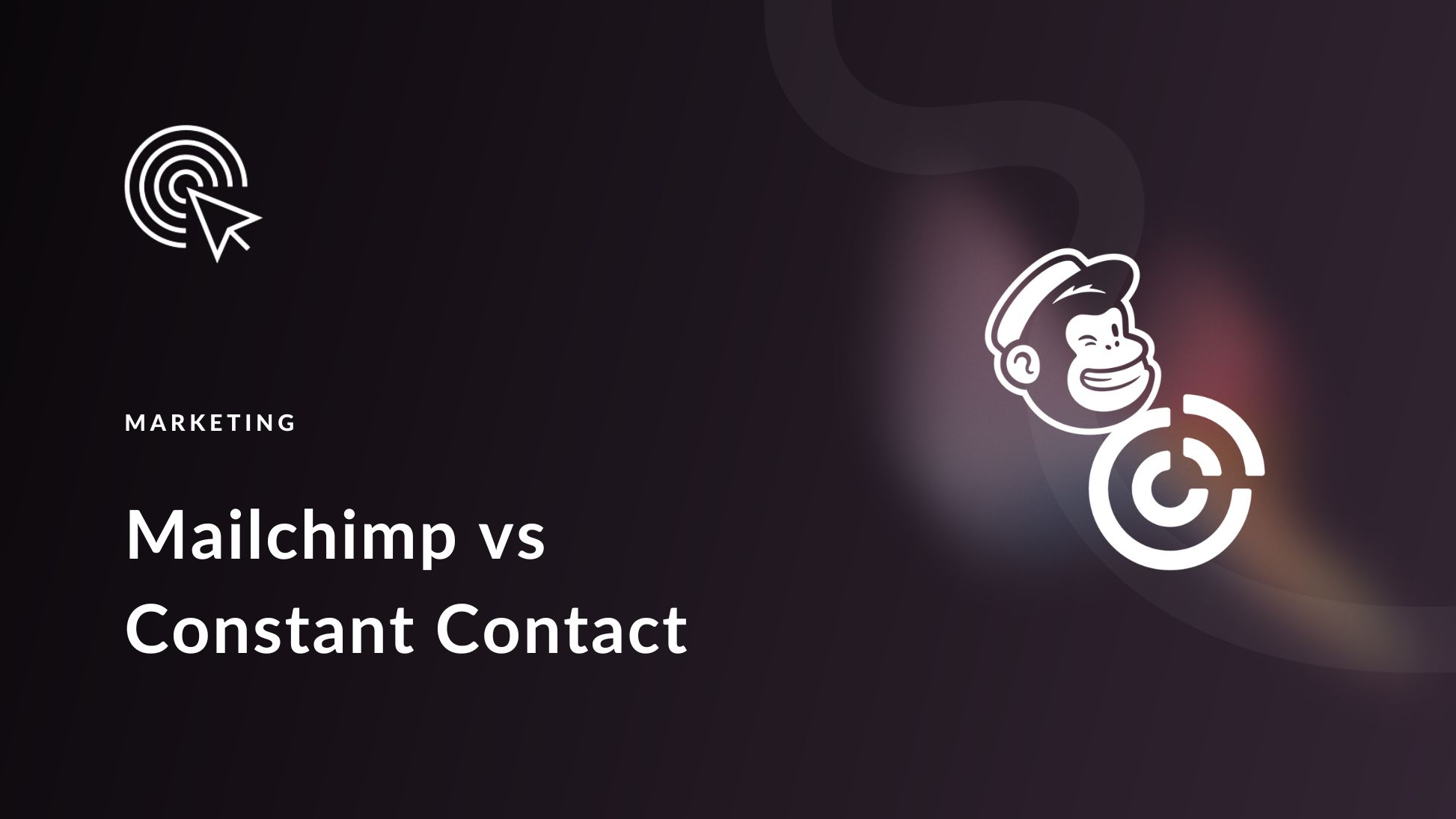When creating a blog, it’s important to choose the right type of blog. The type of blog shows the blog’s purpose and how it goes about reaching its goals. This helps you determine the right strategy to reach those goals. To help you choose the best type of blog for your needs, in this article, we’ll look at 12 types of blogs and when they’re most successful. As we go through them, you’ll notice that there is some crossover on some of these blog-types, and a blog can be a combination of them. To be successful, it’s best to focus on one type.
1. Personal Blog
The personal blog doesn’t focus on a specific topic or audience. Bloggers write about what interests them: their hobbies, beliefs, daily life, politics, sports, etc., and they attract the types of people that share the same interests. The writer just wants to make a difference and share knowledge or experience.
They’re the most successful when they find a like-minded audience and build a community around their common interests.
2. Personal Brand Blog
This blog focuses on the blogger as the brand. They’re used to build credibility for the blogger as a thought leader, speaker, and teacher within a specific niche. It’s often used for coaching, consulting, guidance, personal development, spirituality, etc. They often provide free downloadable content such as e-books, checklists, guides, etc.
The focus is on building a relationship with the audience for lead generation. This type of blog is successful when it empowers readers through to the call to action. Those with ads and affiliate sales will need to attract a large audience in niches that include lots of ad network and affiliate products. Those that sell their own products will either need a large audience or expensive products to sell. Those with the goal of being hired only need a smaller audience, but they’ll need to build strong relationships with their audience.
Personal bloggers can easily enough leverage advertising plugins to help them monetize this way.
3. Corporate Blog
The focus of this blog is the business itself- their own products or services with the purpose of increasing traffic for their business in order to gain customers. The topics are chosen in order to attract visitors that are interested in their specific industry. They’re run by corporations and could be called enterprise blogs.
Their goals focus on capturing leads for their sales funnel. This includes landing pages, calls to action, email lists, specialized contact forms, offers, etc. The idea is that visitors will be attracted by the content and then move through the sales funnel into the call to action.
4. Personal Services Blog
This blog discusses topics around the services that are offered. These are great for local services such as lawn care, babysitting, house sitting, dog walking, junk removal, etc. The blog can make some money through ads or affiliate links, but the primary goal of this blog is for the blogger to get hired to perform the services.
They’re successful when they reach the local audience since this is the audience that can follow through their call to action.
5. Repair Services Blog
This blog discusses topics around the services that are offered. These are great for local repair or maintenance service businesses such as lawn care, home repair, etc. Like personal services, the primary goal of this blog is for the blogger to get hired to perform the services.
They’re also successful when they reach the local audience that can follow through their call to action.
6. Niche Blog
A niche blog focuses on a specific topic. Some are extremely specific (such as fly-fishing in TN) while others “niche-up” one notch (such as fly-fishing in the USA) to appeal to a slightly wider audience. A lot of times these are hobby blogs and end up turning into small personal business blogs (and sometimes large-scale businesses).
Niches include anything someone is interested in and they’re usually more successful if the blogger is passionate about the topic. This passion keeps them going even with low traffic.
Popular topics include:
- Finance
- Sports
- Business
- WordPress
- Food
- Writing
- Cars
- Music
- Games
- Movies
- Books
- Fitness
- Mom
- Travel
- Current Events
- Entertainment
- Fashion
- Lifestyle
- DIY
- Politics
- Parenting
- Pets
They can also be created for the purpose of business. In this case, the blogger would need to analyze the audience, monetization opportunities, and competition before starting the blog and make adjustments to the idea for the best marketing strategies. They’re the most successful when they find a niche that isn’t too saturated.
7. Affiliate Blog
The content for this type of blog focuses on products. It’s usually in the form of product reviews or tutorials of using the products. The call to action is to purchase the product through the blog’s affiliate link.
Ranking for keywords around the products is crucial. In order to be successful, affiliate blogs need to find products with excellent affiliate programs and that are in demand. Many programs connect with popular affiliate plugins so you can start testing the waters with affiliate marketing. Amazon affiliate plugins are also available if you want your blog to join their robust program.
8. Artist’s Blog
An artistic blog focuses on any type of art that the artist creates, such as paintings, drawings, sculpture, music, photography, writing, etc. They often include galleries, shops where you can purchase or commission work, articles that show the work, provide tutorials, podcasts, etc.
They’re successful when they build a following for their art. It might not require a large audience; just enough to support the artist.
9. The Counter-Culture Blog
This blog uses a marketing method that is divisive in its approach to content. Using the concept that all attention is good attention, it attempts to stand out from the crowd by being as polarizing as possible to the popular view. It’s difficult to get right. If not done well it can eventually be polarizing to those it attracts. Titles can seem more like clickbait. The key is not to be rude, but make bold statements against popular views.
It works best for services and affiliate blogs. It’s the most successful when it gets the balance right- attracting the right audience and keeping them. The counter-culture thought has to be more than the headline- carrying throughout the content itself. It will have a smaller audience, so it needs to turn that smaller audience into faithful followers. The blogger will need to be exceptionally knowledgeable in the topic.
10. Guest Blogs
The content for these blogs written by guest writers who are typically experts in the field. This is different from hiring writers. This is bringing in guest bloggers that already have a following of their own in order to grow the audience.
This leaves the blog owner free to manage and promote the blog while providing content that might even be beyond the blog owner’s expertise. The blog owner will sometimes write some of the content as well, but they’re not the primary authors.
This is successful when you get bloggers that can bring their audience to your blog. They will also help promote the content so the articles can have a larger reach than those written by the blog owner. The blog will need a good following in order to bring in guest bloggers that have a large audience. If you get good enough guest bloggers, you’ll have a variety of content and voices which can draw a larger audience.
11. Case Study Blogs
The case study blog (also, experimental or test blog) tries things out to see what works. They try different tools, techniques, strategies, etc., and report the results to the audience in order to provide insights into their fields. This essentially creates step-by-step guides that the audience can follow for success.
It’s successful when it has enough followers to make a strong case study that can lead into a call to action. Bloggers need to share what works, what doesn’t work, and why. This means the tests have to be relevant to the audience they’re trying to attract.
12. Podcast
The content for this blog includes the embedded podcast (usually audio or video or both, from whatever platform it’s supplied from) and includes a description, summary, or a transcript of the podcast, and links for the call to action. The posts are episodic. The podcast usually takes the form of a chat, webinars, interviews, training, etc.
It’s successful by having a large following that clicks through the call to action. It can be a course, book, software, service, downloads, etc.
Ending Thoughts
That’s our look at 12 types of blogs and when they’re most successful. Even though there will be some overlap, a blog should primarily focus on one type of post. This helps readers know what to expect and helps the blogger focus on their specialized content and meet the blog’s goals.
Even though some of these blog types are extremely different, they all have one thing in common: in order for any blog to survive it needs high-quality content that’s published often. High-value content keeps readers coming back and gives them a reason to share.
We want to hear from you. What is your favorite type of blog? Let us know in the comments.
Featured Image via Inspiring / shutterstock.com









It’s always a pleasure reading blogs like these, just wanted to give a suggestion that it would have been better with examples.
Nice Article! My favorite blogs are Niche and Guest Blog. These days I mostly feel that we need to keep our attention on quality content & publishing it regular basis. Google mostly likes regularity within visitors.
Everything covered here but I just like to add for all those noobs who are planning to start a Blog or Vlog just pick your Niche.
Affiliate Marketing worked back in 2016 & 2017. An evergreen approach would be creating a brand & then thinking about money.
Pick your audience & go for it. Otherwise, if you don’t pick your audience you will not succeed in 2018 for sure. Refer to inspirational content & look up to someone who made it online.
Yes. The exhaustive one. My blog falls under the Category: Personal brand, I suppose. Of course, one could call it as Niche blog also. Sometime it happens, a niche blogger turns out to be Personal Brand and vice versa. This post is much helpful to those who are the beginners in blogging like me.
Thank you for the useful article. Personal and affiliate blogs are the most common blog types on the net. The good news you can create any type of blogs with Divi framework.
where are the examples
i liked the 7th and 10th.. the guest blog platform is just amazing.. if a blog have nice authority then you will easily get guest bloggers who will write for you..
Niche Blog
Corporate Blog
Case Study Blogs